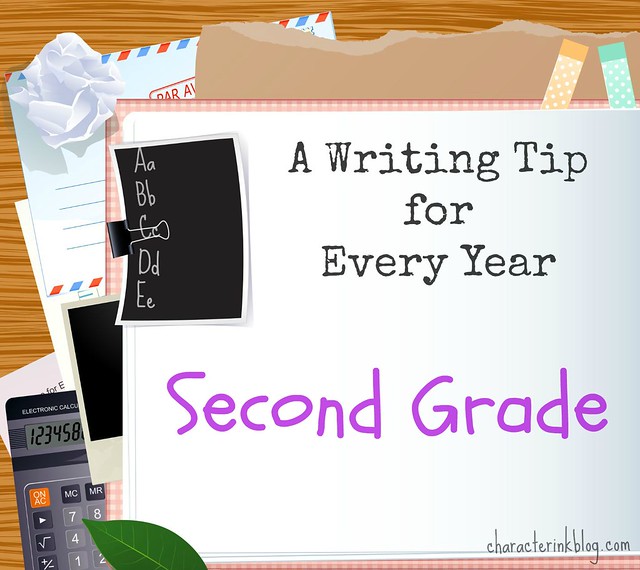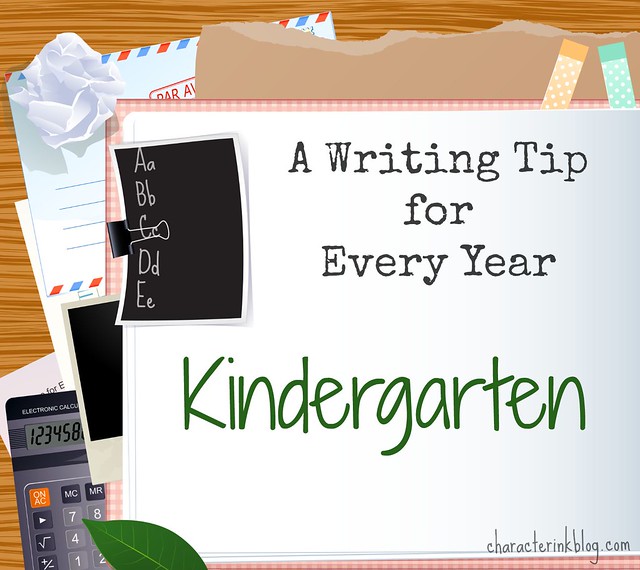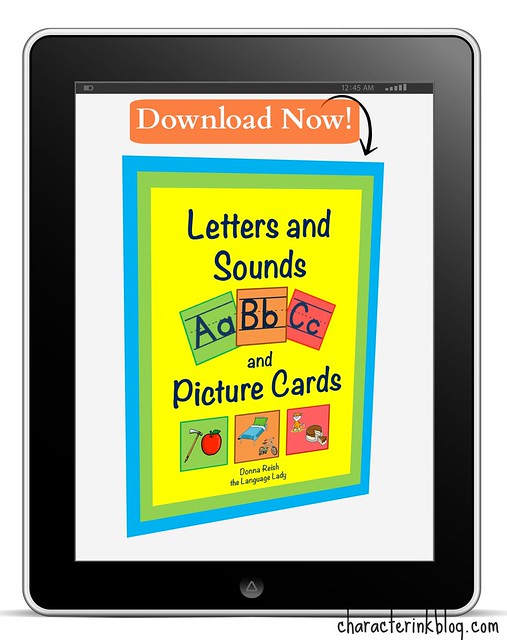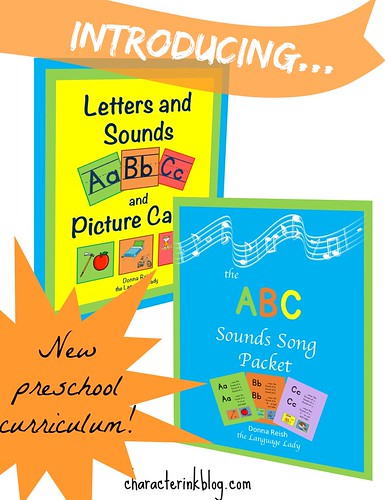by Donna | Oct 5, 2015

Second Grade: Pen for your student for as long as necessary.
Children often think they cannot write because they do not have the penning skills to compose sentences or paragraphs or the spelling skills to spell the words they want to use. Right off the bat, the young child grows to dislike writing. He feels inadequate (and thus, the many “I don’t know how to write” or “I’m bad at writing” mentalities of this age group).
Usually a child’s creativity and thinking processes are way above their small motor and spelling skills. That is, a child can think (and orally compose) way above what he can write (spelling-wise and writing mechanics-wise) or spell (encoding; just because a child can “decode”—sound out words—does not mean he can ‘’encode”—spell the words). This is where penning for your student (especially for dyslexic/dysgraphic ones and/or “late bloomers”) makes the difference between your child seeing himself as a writer or as a student who is “behind.”
(more…)
by Donna | Sep 29, 2015

Fifteen years ago I began writing my complete language arts program for second through twelfth grade students (what is now Character Quality Language Arts, CQLA). I based that program, loosely, on six programs (language arts, editing, writing, vocabulary, spelling, etc., programs) that I had been using for a dozen years with my older children. I wanted to take all of the best “part language arts” books and put them together in one. And I did that!
(more…)
by Donna | Sep 28, 2015

First Grade: Don’t rush “writing” when a child is learning to read.
I haven’t taught first grade in ten years. I have missed teaching a child to read—so much that I have actually considered trying to get some hours at a tutoring center just to be able to teach beginning reading again. (I know; I’m a hopeless romantic when it comes to teaching!)
Notice this tip is in the first grade paragraph—not the kindergarten one. My children learned to read in first or second grade (okay, um, two in third).
(more…)
by Donna | Sep 21, 2015

I have loved teaching writing and language arts to nearly a hundred students a year for the past fifteen years (started out with eight students!). Through that process, as well as through writing fifty thousand pages of curricula, books, blog posts, and more over the past fifteen years, I have learned so much about teaching writing—and also about the expectations and goals that we have for students at various levels. Sometimes these expectations are extreme, but sometimes they are not adequate. In this series, I hope to give you an *encouraging* writing tip for each grade level. Keep in mind that I am talking here about the act of writing/creating/composing, not the act of penmanship (or even spelling). Here we go…
(more…)
by Donna | Sep 14, 2015

School is in session everywhere now, which means young learners are learning their ABC’s and 1-2-3’s! I love back to school! I especially loved it when I taught my own kids at home! Nowadays, I am enjoying teaching (along with my oldest son Joshua, age thirty-two, history major with emphases in too many subjects to list!) one hundred students writing and language arts in cottage classes at three locations in and around Fort Wayne, Indiana. I call it my “testing program” to test my new books before we publish them, but really, they are just excuses to do what I love most—teach!
(more…)
by Donna | Sep 8, 2015

I have been busy this summer doing some private tutoring as well as teaching a few small groups in my home. It was fun to teach in my home in a super relaxed environment of fewer students (and less homework since it was “summer school,” and parents wanted about half the normal amount of homework for their kids).
Additionally, I was blessed with the opportunity to work with a special needs student on her letters and sounds. (In case you ever wonder what the best age of kids is, I stand firm in my conviction that the best is four to six year old, followed closely by every other age!)
(more…)









